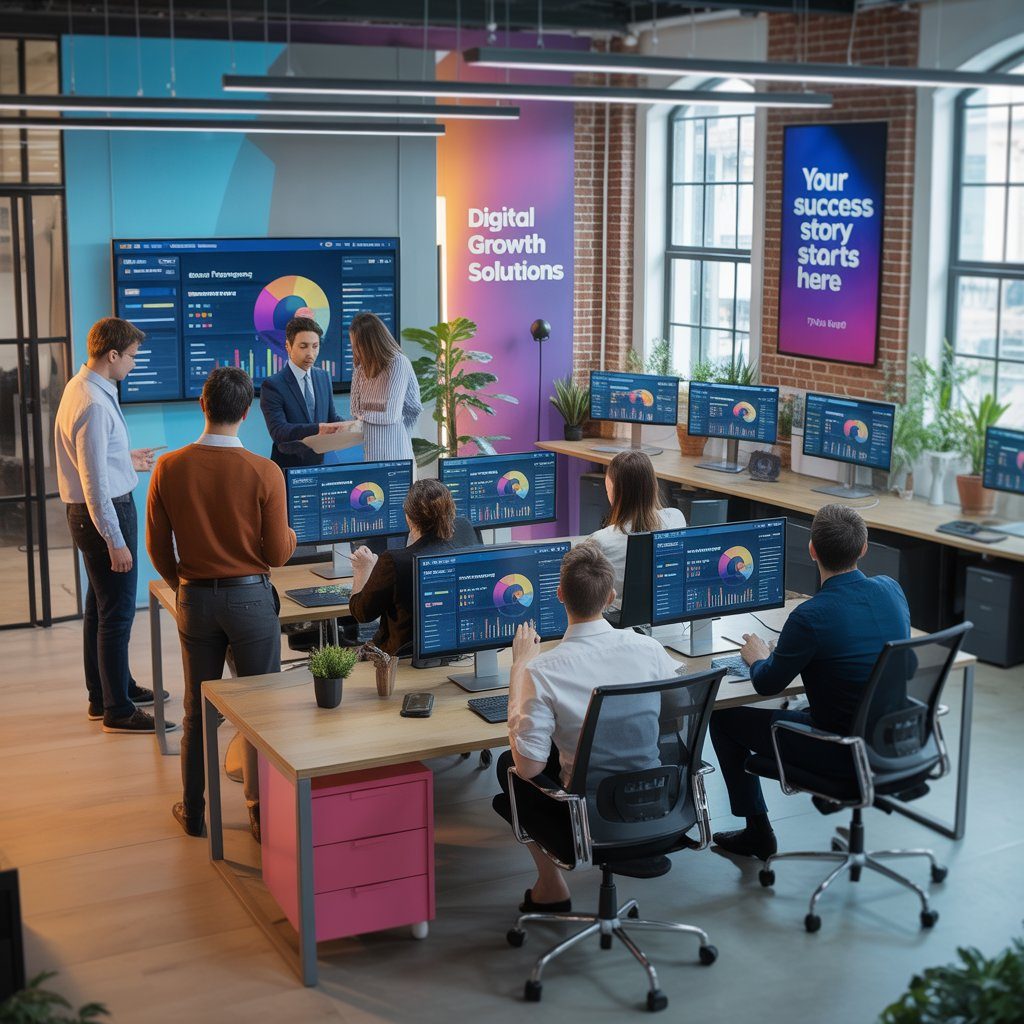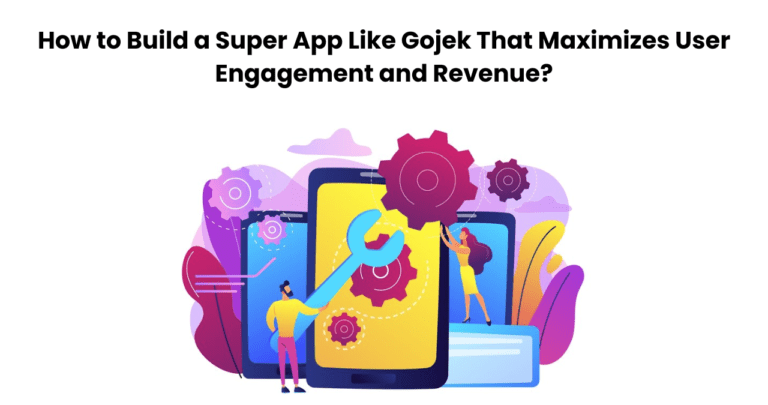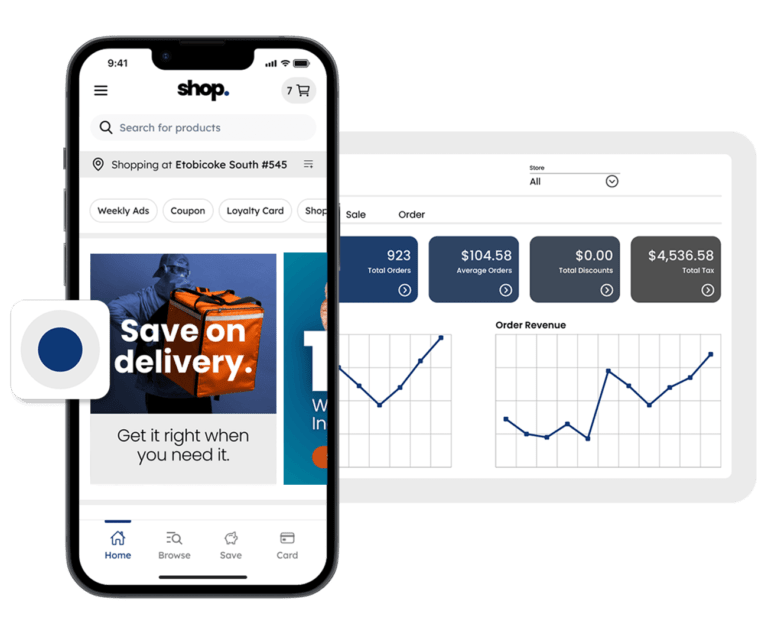By 2025, artificial intelligence (AI) will no longer be a future concept — it will be a core force transforming industries. From finance and healthcare to retail and manufacturing, companies are rapidly adopting AI to boost efficiency, cut costs, and stay competitive. This fast-paced adoption enables organizations to tap into massive data sets, generate valuable insights, and make faster, smarter decisions than ever before.
The AI-Driven Enterprise: A New Operating Model
In 2025, Enterprise AI will not just be a tool but a strategic pillar. Modern AI technologies — including machine learning, natural language processing, and data visualization — will be embedded across departments. AI forecasts supply chain trends, powers chatbots for instant customer support, and strengthens financial planning with predictive capabilities.
Artificial Intelligence solutions are now critical to any digital transformation roadmap. These tools streamline workflows, reduce human errors, and deliver real-time information — all vital in today’s fast-moving business environment.
Key Areas Where AI Is Making a Significant Impact
1. Operational Efficiency Through Automation
One of the most visible benefits of AI is automation. Routine and repetitive tasks like data entry, report creation, and inventory tracking are now handled by AI-powered systems. This makes human teams to focus on more strategic, creative work.
For example, businesses are using process mining to study and optimize their workflows. This approach examines real process logs to uncover inefficiencies and bottlenecks. With this insight, companies can make data-backed improvements that boost performance.
2. Better Decision-Making
AI’s power to handle and interpret vast amounts of information is transforming decision-making. Companies use AI-driven forecasting to spot market trends, understand customer behavior, and assess financial risks. These insights empower leaders to make proactive choices and stay ahead of the competition.
AI is also vital for demand planning, resource management, and fraud detection. Organizations can spot patterns and unusual activities that traditional methods often miss.
3. Personalized Customer Experiences
Customer expectations have evolved, and AI helps meet them. AI enables hyper-personalized marketing, tailored customer service, and product recommendations. AI chatbots and virtual assistants, powered by natural language technology, provide 24/7 support and solve problems in real-time.
AI also helps companies gather customer feedback across channels to understand sentiment and refine products or services. This level of personalization builds stronger customer loyalty.
Process Mining: The AI Changer for Business Workflows
By 2025, Process Mining Services will stand out as a breakthrough AI tool. By visualizing how workflows actually operate, businesses gain unmatched transparency beyond what’s written in manuals. This knowledge helps them streamline operations, strengthen compliance, and raise efficiency.
Process mining also boosts automation by highlighting workflows ready for robotic process automation (RPA). Organizations that combine RPA with AI can automate end-to-end tasks, cut operating costs, and reduce human errors.
AI Integration Across Industries
In 2025, AI will be deeply embedded across sectors:
-
Healthcare: AI-driven diagnostics, personalized treatment plans, and advanced outcome forecasting will transform patient care.
-
Retail: Smart inventory management, dynamic pricing, and AI-powered recommendation engines will reshape shopping experiences.
-
Manufacturing: Predictive maintenance, demand forecasting, and intelligent supply chains will keep operations agile.
-
Finance: AI will boost fraud detection, risk control, and robo-advisory services.
These examples highlight that AI solutions are no longer just add-ons — they are core to business success today.
The Role of Our Company in Enterprise AI Transformation
Firms like SGA play a vital role in helping organizations harness the power of AI. Their solutions are tailored to specific business needs and are focused on delivering real results. From building AI models to full-scale deployment and support, we provide end-to-end services to help companies maximize their data’s potential.
Their process mining expertise is particularly valuable for uncovering process gaps, ensuring compliance, and increasing productivity. With deep experience in AI and data solutions, we helps clients build data-driven organizations ready for tomorrow’s challenges.
Conclusion
By 2025, AI will be woven into the very DNA of modern enterprises. From increasing process visibility to driving automation and enabling real-time decisions, AI is transforming how businesses operate. Companies that embrace and deeply integrate these solutions will lead the way in innovation, agility, and customer-centric growth. The future belongs to organizations that make AI a strategic cornerstone for creating smarter, adaptive, and resilient businesses.












